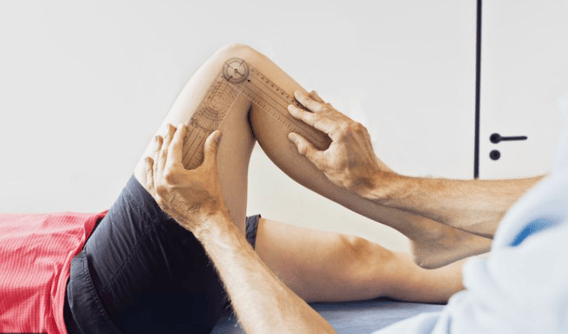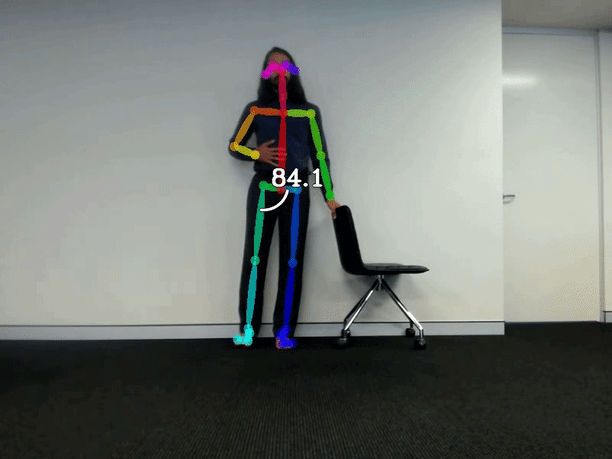AI is Bringing Accurate, Remote Diagnostics to Your Practice
In early 2019, Sydney Children's Hospital trialed a telehealth program, where they offered video consultations to patients through their Hospital in the Home (HITH) physiotherapy service.
Staff were amazed by the results, sighting better patient engagement, increased responsibility for their own healthcare, shorter hospital stays and improvements in their patient- and family-centered approach.
This is a great example of how tele-rehabilitation helps ensure your patients are keeping on track with their assigned recovery plan. It also helps practitioners identify any red flags that may require further inspection. Coviu's in-call clinical tools allow you not only to demonstrate the exercises to be done, but also to help refine your patients’ form, share photos, scans, documents and screens with patients when needed.
However, we understand that talking heads may not be enough in circumstances when physical touch is needed, such as needing to measure a patient's range-of-motion.
That is why Coviu is clinically validating their PhysioROM AI algorithm.
 Goniometers still have a margin of error
Goniometers still have a margin of error
The project focuses on improving the accuracy of our artificial intelligence algorithm that performs real-time joint range-of-motion analysis and validating its use in a clinical environment. PhysioROM is designed to be used in direct-to-patient video consultations.
 Following clinical trials, PhysioROM's analysis will be accurate and reliable
Following clinical trials, PhysioROM's analysis will be accurate and reliable
Following surgery or injury, patients currently stay in hospital for expensive in-house rehabilitation programs. Otherwise, they leave hospital and must return frequently to their physiotherapist's office to track their ROM progress. Both options require significant time, money and energy and are particularly difficult for rural dwellers and the elderly to attend.
PhysioROM will allow physiotherapists and orthopaedic surgeons to remotely monitor and measure a patient’s recovery progress through video consultations.
Following clinical trials, PhysioROM will help clinicians achieve similar patient outcomes and satisfaction as inpatient rehabilitation. Patients will save significant travel time, be able see their physiotherapist from the comfort of their own home and save up to $8000 dollars when selecting tele-rehabilitation. Hospitals will also likely see lower readmissions and less over- crowding.
Our partners for the project are:
- CSIRO’s Data61 – the AI experts that will improve the accuracy and automation of the ROM algorithms.
- HFRC – a multidisciplinary allied health clinic that will provide 30 patient cases for a randomised controlled trial to analyse the accuracy, and clinician and patient satisfaction with the ROM algorithm.
- The School of Sports Science, Exercise and Health (SSSEH) at University of Western Australia – to validate the ROM results and publish the research.
- Coviu – to prepare the algorithm for commercialisation.
Clinical Validation began early this year. To Keep up to date with PhysioROM updates, check out the Coviu Blog.
Coviu believes clinical validation and regulatory approval is essential when dealing with artificial intelligence, particularly in health care. Our in-call clinical tools will always be held to the highest industry standards, so you can focus on providing your best healthcare service.
If you are interested in seeing what else Coviu has to offer your practice, contact us HERE.




